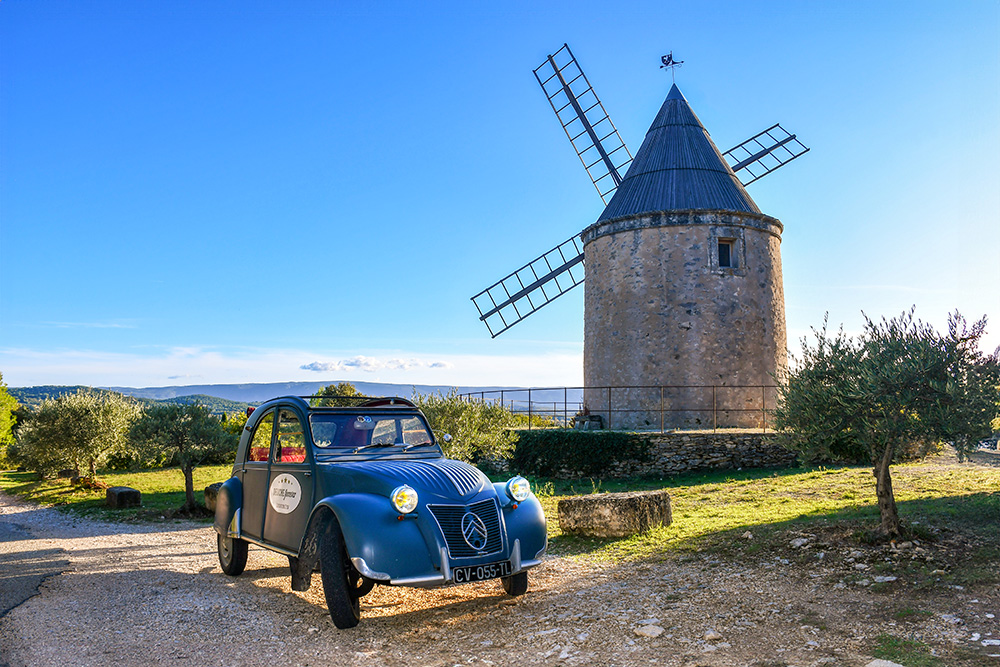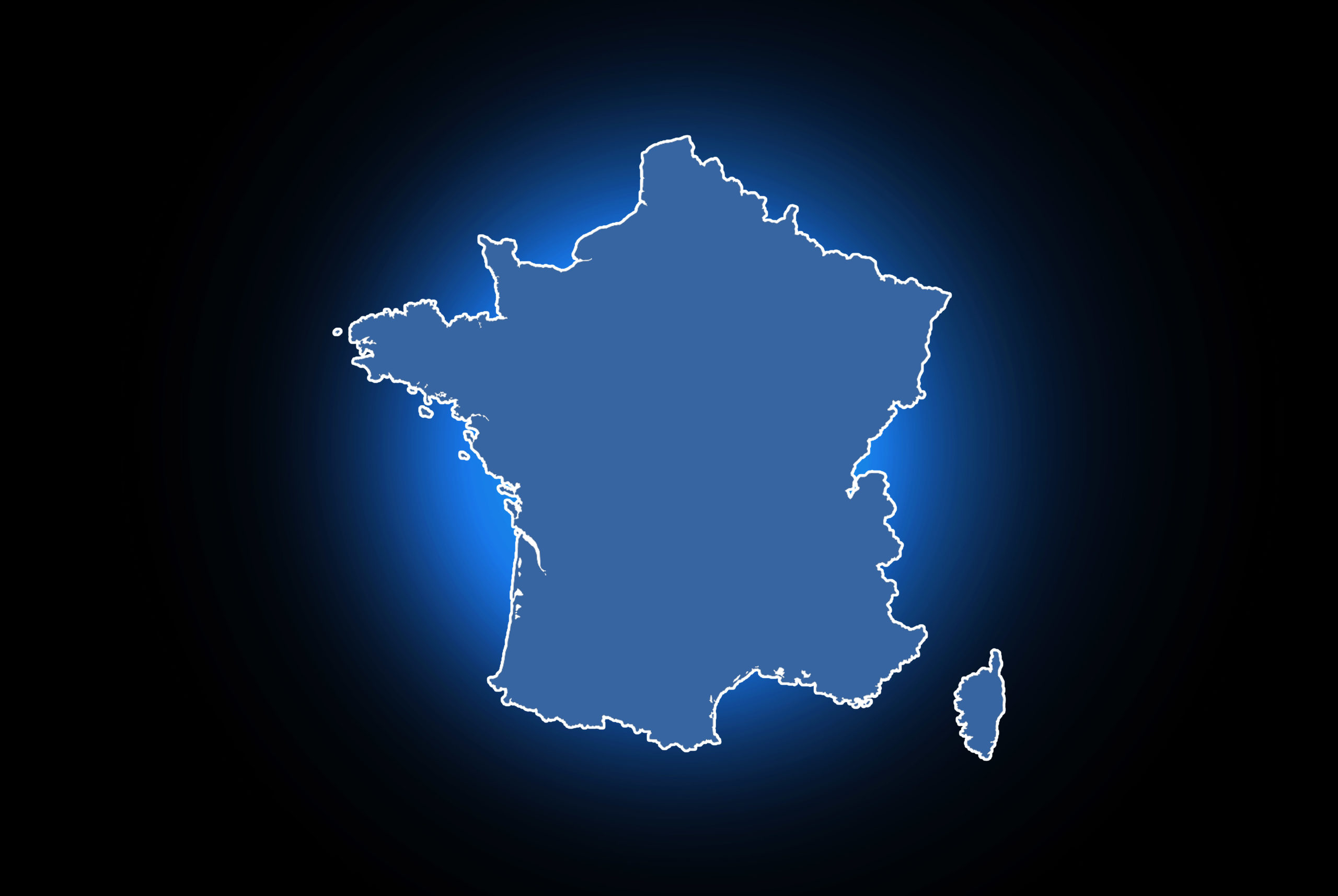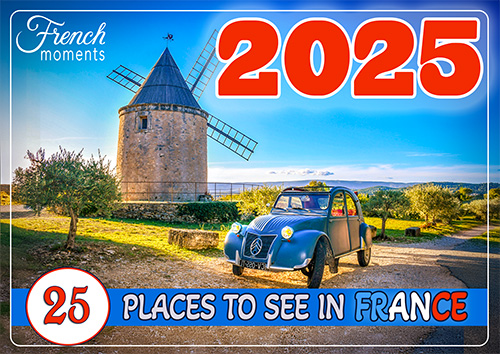What is ‘France’ in French? This might be an easy question for francophiles and francophones to answer. But we should never take for granted that, for many, the answer is not so obvious. So here is how French speakers say it… with further exciting facts to learn about the word.
What is ‘France’ in French?
The answer is simply… FRANCE!
For those of you who can read IPA, pronunciation in French is: \fʁɑ̃s\.
🎶 How to say ‘France’ in French ⤵
The translation of the word ‘French’ in French is français (masc.) and française (fem.).
🎶 How to say ‘Français, Française’ in French ⤵
France in French: Interesting facts
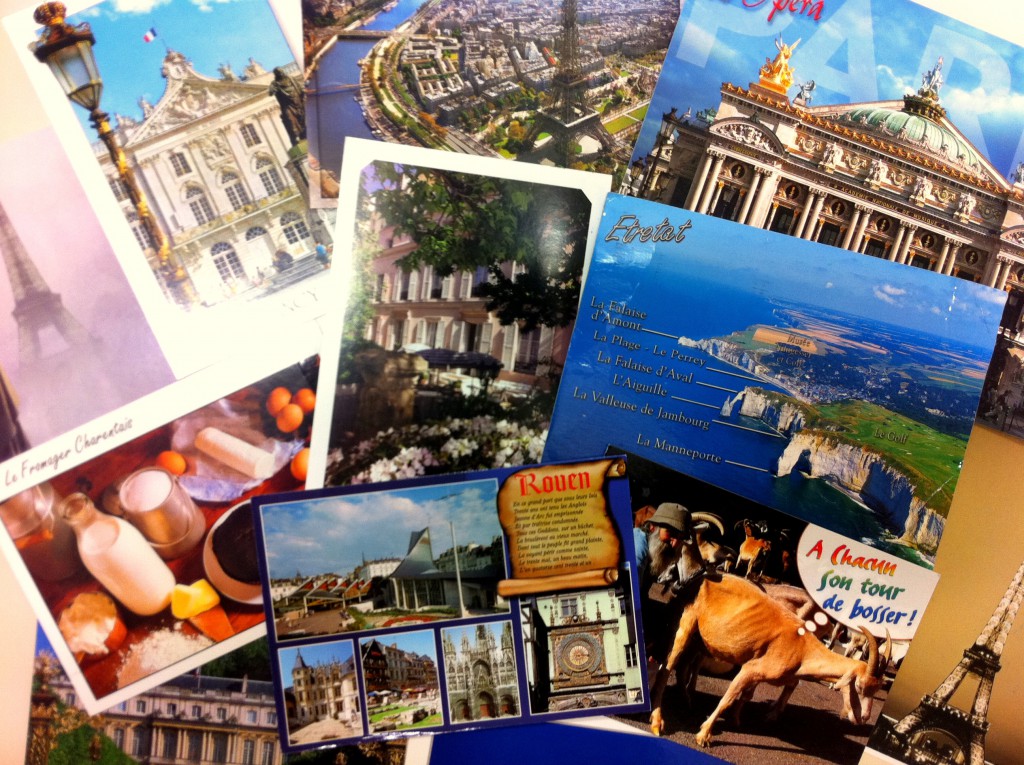
Historical Facts
- When the Romans conquered Gaul, Latin quickly spread among the Celts. By the 4th century A.D., “Vulgar Latin” had replaced the Celtic dialects in the country except Brittany. The Latin spoken by merchants, soldiers, and slaves derives from the five Romance languages: French, Spanish, Italian, Portuguese, and Romanian.
- Langue d’oc and Langue d’oïl? For centuries, the people of today’s France have spoken many dialects, depending on their region. North of the Loire, eight dialects made up the Langue d’oïl. In the south, however, the Langue d’Oc gathered seven groups of dialects.
- In 1066, William the Conqueror (Guillaume le Conquérant) successfully invaded England. The Duke of Normandy made French the official language of the court of England. This explains why English often has two words to describe the same meaning: one derived from Old English (or Teutonic), and the other from Norman French or Latin origins. Examples: Swine vs. Pork, to help vs. to aid.
- Funnily enough, the opposite is also true today using franglais. These are American-English words used by French people nowadays: le shampoing, le soda, le cocktail, le sandwich, le football, le parking…
- France derives from Latin Francia, which referred to a Germanic tribe, the Franks (or gens Francorum). In the 3rd century AD, the Franks lived in the Rhineland before merging with the Gauls in the following centuries. Pope Leo III crowned their ruler Charlemagne as Emperor in 800 AD.
- New France (Nouvelle-France) refers to the area France colonised in North America (1534-1763). It once included Quebec, Acadia, Newfoundland (Plaisance), and Louisiana. Today, two tiny islands are remnants of this vast French colonial territory: Saint-Pierre and Miquelon (off the coast of Newfoundland).
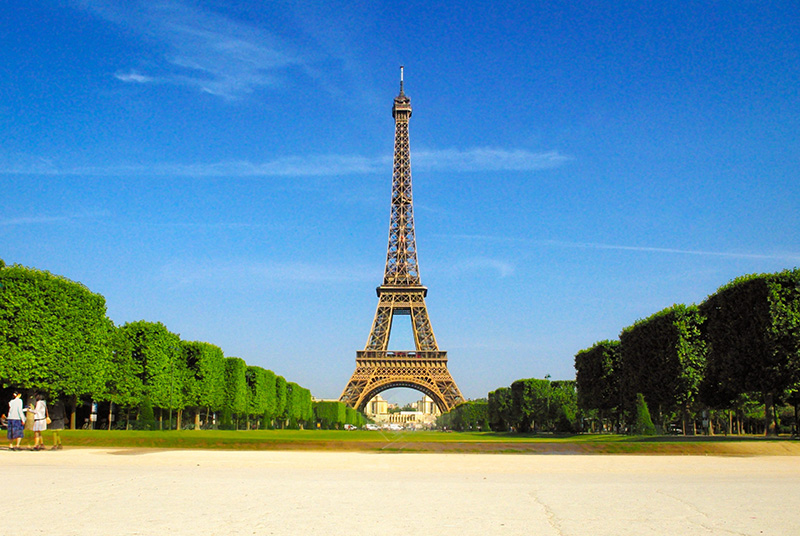
More facts!
- The country has a different name in other languages: Frankreich in German, Frankrijk in Dutch, Francia in Italian and Spanish, and França in Portuguese.
- The proper noun has many related terms, such as francophile (a person who loves France), francophone (a person who speaks French), and French, not to mention the famous Tour de France bicycle race!
- The country’s official name is ‘The French Republic’ (République française).
- The name can be used as a female first name: France Gall, Marie-France…
- France is also a surname: Anatole France (1844-1924) was a French poet, journalist, and novelist.
- The country gave its name to first names François and Françoise.
- The verlan word for France is Céfran. Verlan is a type of slang in which the order of the syllables or sounds of words is changed.
- In France, French toast is known as “pain doré” (literally roasted bread)
- France 24: French version of CNN! You can watch and listen to France 24 in French (by the way, France 24 in French is pronounced France vingt-quatre!)
- In France, French fries are not French but… Belgian!
- The capital of France is Paris. And by the way, the French don’t pronounce the ‘s’ in Paris:
🎶 How to say ‘Paris’ in French ⤵
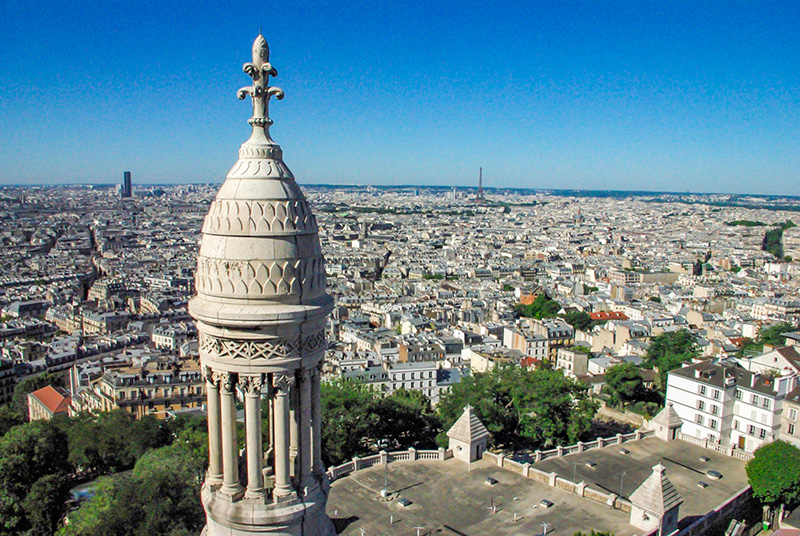
How do you say it in French?
- Go France in French? => “Allez la France!”
- Long live France is “Vive la France” in French!
- The French call the French Riviera “La Côte d’Azur”.
- I love France in French is “J’aime la France”… pretty easy, isn’t it?
- Christmas in France => “Noël en France”
🎶 How do you say it in French? ⤵

What to read in French?
Check out my blog Mon Grand-Est, which is 100% in French and contains interesting articles on the eastern regions of France (Alsace, Lorraine, Burgundy, French Alps, Provence).
If you want to learn more about cultural aspects, understand what the French think, get along with them, and, most importantly, get the most out of them, look at these two best-sellers from Stephen Clarke. You’ll find the reading entertaining!!
British journalist Stephen Clarke describes the misadventures of Paul West in France in a highly entertaining way.
Talk to the Snail is a hysterical book about understanding the French based on Stephen Clarke’s funny experiences.
France in French: Find out more!
- Germany in French: A Little Guide!
- England in French: A Little Guide!
- America in French: A Little Guide!
- How France got its name: A French History Trivia!
